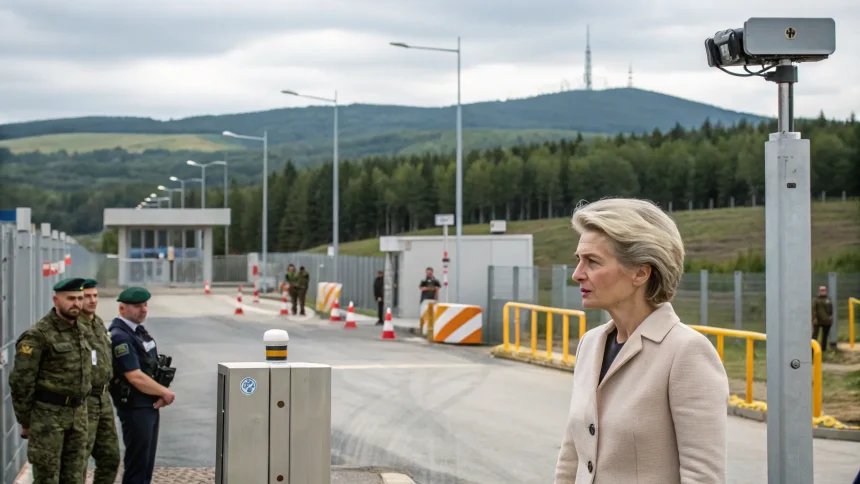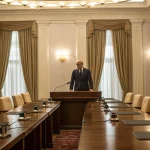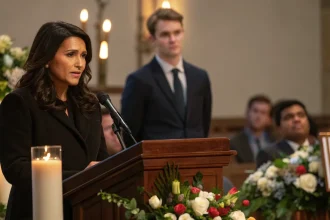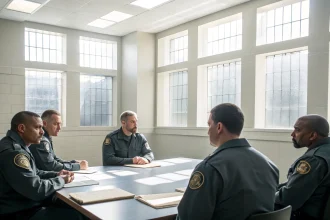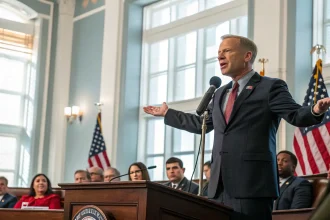European Commission President Ursula von der Leyen has begun a four-day diplomatic tour of European Union member states that share borders with Russia and its ally Belarus. The high-profile visit comes as tensions remain high due to Russia’s ongoing military campaign in Ukraine.
Von der Leyen, who has consistently opposed Russian President Vladimir Putin’s actions in Ukraine, is using this border tour to demonstrate the EU’s commitment to its easternmost members. These nations face unique security challenges due to their proximity to Russia and Belarus.
Strategic Importance of Border Nations
The EU nations bordering Russia include Finland, Estonia, Latvia, Lithuania, and Poland, while Belarus shares borders with Latvia, Lithuania, and Poland. These countries have become increasingly important to European security strategy since Russia’s 2022 invasion of Ukraine.
Many of these border nations have been among the most vocal supporters of Ukraine, providing military aid and taking strong diplomatic positions against Russian aggression. They have also experienced direct impacts from the conflict, including refugee flows and economic disruptions.
A security analyst familiar with the region noted: “These border states serve as the EU’s first line of defense. Von der Leyen’s visit signals that Brussels recognizes their strategic importance and the risks they face.”
Reinforcing European Unity
The timing of von der Leyen’s tour appears calculated to reinforce European unity at a critical moment in the Ukraine conflict. As the war continues with no clear end in sight, maintaining a unified European position has become increasingly challenging.
During previous visits to the region, von der Leyen has emphasized the EU’s commitment to supporting Ukraine “for as long as it takes” while also addressing the security concerns of member states bordering Russia.
The tour is expected to include discussions on:
- Enhanced border security measures
- Energy independence from Russian supplies
- Military cooperation among EU members
- Economic support for regions affected by the conflict
Putin’s Response
The Kremlin has typically viewed such diplomatic visits to its border regions with suspicion. Russian state media has previously characterized von der Leyen as one of the most hawkish European leaders on Ukraine policy.
Von der Leyen’s outspoken criticism of Putin has made her a frequent target of Russian propaganda. She has repeatedly called for accountability for Russian actions in Ukraine and has been instrumental in coordinating the EU’s sanctions regime against Moscow.
“Von der Leyen represents the EU’s firm stance against Russian aggression. Her presence at the border sends a clear message to Putin that Europe stands united,” said a diplomatic source from one of the Baltic states.
The European Commission President’s tour comes as the EU continues to provide financial and military support to Ukraine while also preparing for potential long-term security challenges in the region. The visit underscores the growing recognition that Europe’s eastern border has become a critical zone of geopolitical competition that will shape European security for years to come.
As von der Leyen continues her tour in the coming days, European officials will be watching closely for signs of new initiatives or commitments to strengthen the EU’s eastern flank against potential Russian threats.


